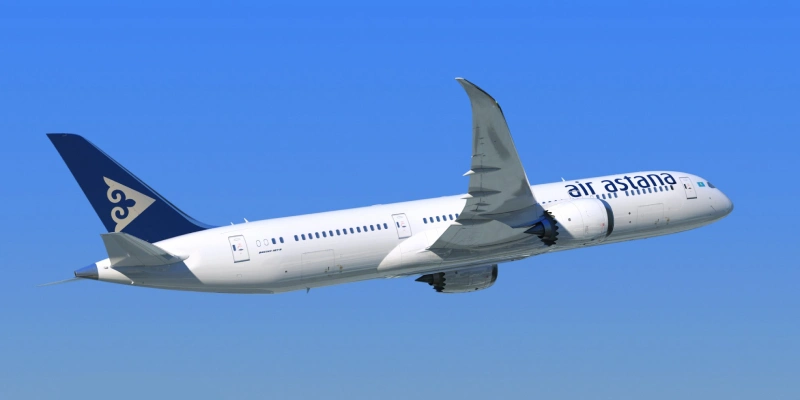EasyJet is to upgrade its A320 Family fleet with Airbus’ “Descent Profile Optimisation” (DPO) – a fuel-saving enhancement to the aircraft’s on-board Flight Management System (FMS) performance database and “Continuous Descent Approach” (CDA) to reduce noise impact on the ground. The European short-haul airline will become the biggest operator worldwide using these powerful combined solutions.
“While our ultimate ambition is to achieve zero carbon emission flying, we must continue our focus on reducing the carbon emissions in our operation each and every day. That’s why this multi-million-pound investment is an important step in achieving a permanent reduction in the short-term which will see us operating the largest fleet of DPO and CDA enabled aircraft in the world. But one crucial element to reduce carbon emissions right now cannot be achieved by the industry alone, and so we are also calling on governments to introduce airspace modernisation right now, including finally implementing the Single European Sky,” said Captain David Morgan, easyJet’s interim COO.
→ EasyJet to become first airline to launch a dating app.
The DPO and CDA functions allow aircraft to descend from cruise altitude using only idle engine thrust. This reduces fuel consumption and associated CO2 and NOx (nitrogen oxide emissions) reductions as well as to noise. To further enhance fuel reduction and noise impact, DPO and CDA maximise the time spent at efficient cruise level -by not starting the descent too early and removing the ‘level-off’ stage at the bottom of the descent when the aircraft’s engines generate thrust to maintain level flight in dense air prior to final landing approach.
Following the upgrade, which will be in place by the end of 2023, easyJet’s entire fleet, of more than 300 Airbus A320-Family aircraft, will be equipped with DPO and additionally CDA for compatible aircraft.
Optimisation of the aircraft’s flight trajectory is one of the key factors to further improve efficiency in cooperation with Air Traffic Control. By optimising the descent trajectories of its aircraft and reducing the fuel flow to the engines -arising from the lowest ‘idle’ thrust setting during the descent phase- thanks to the DPO and CDA functions, easyJet will save more than 98,000 kg of fuel per year per aircraft across its network in Europe. This will reduce CO2 emissions by over 311 tons per year per aircraft, or 88,600 tons of CO2 each year for the entire A320 Family fleet, representing a significant contribution to more sustainable flight operations.
Related Topics
FAA Issues Airworthiness Directive for Boeing 737 MAX Due to Risk of Excessive Cabin Temperatures
FAA and EASA Grant Initial Certification to Boeing 777-9 Simulators, Enabling Pre-Training Phase for Pilots
Vietnamese Airlines Sign Agreements for 90 Boeing Aircraft
Air Astana Finalizes Largest Order in Its History: Up to 15 Boeing 787 Jets

Plataforma Informativa de Aviación Comercial con 13 años de trayectoria.




